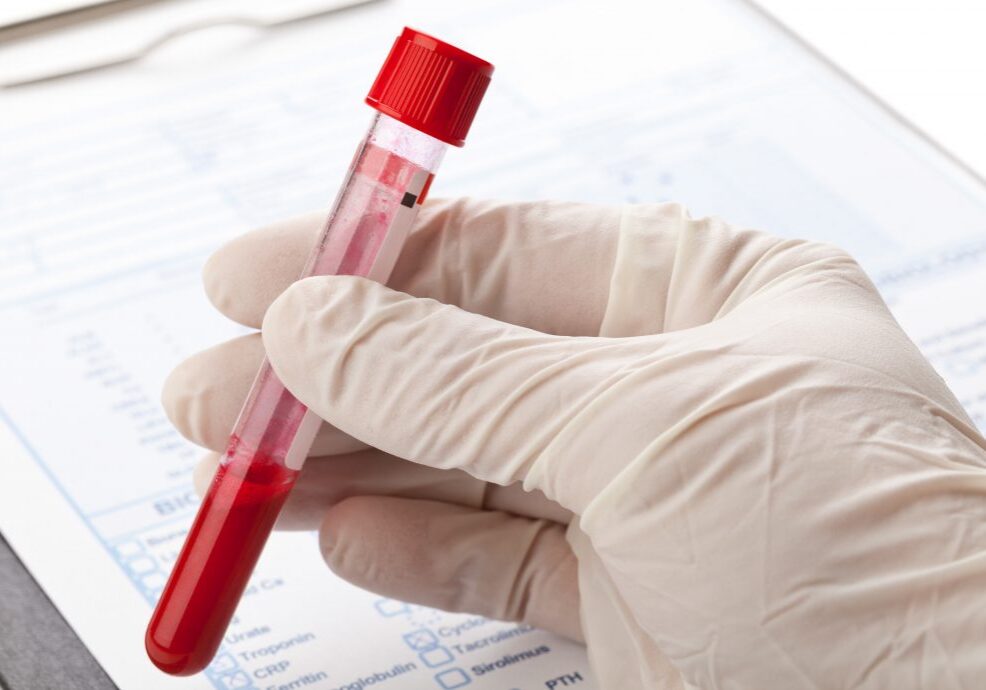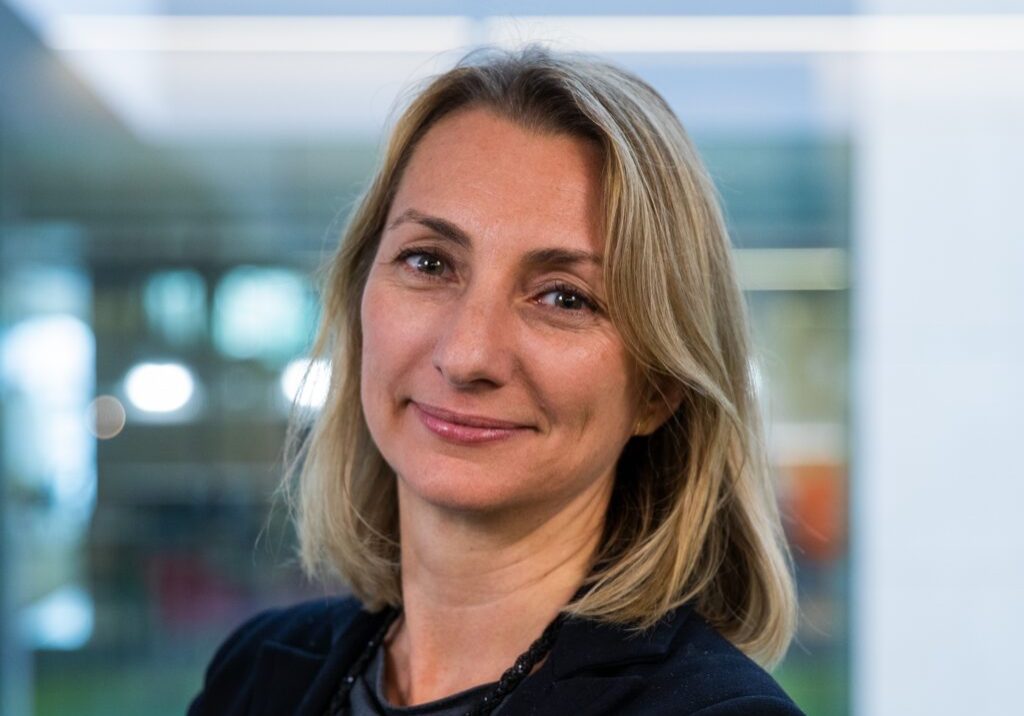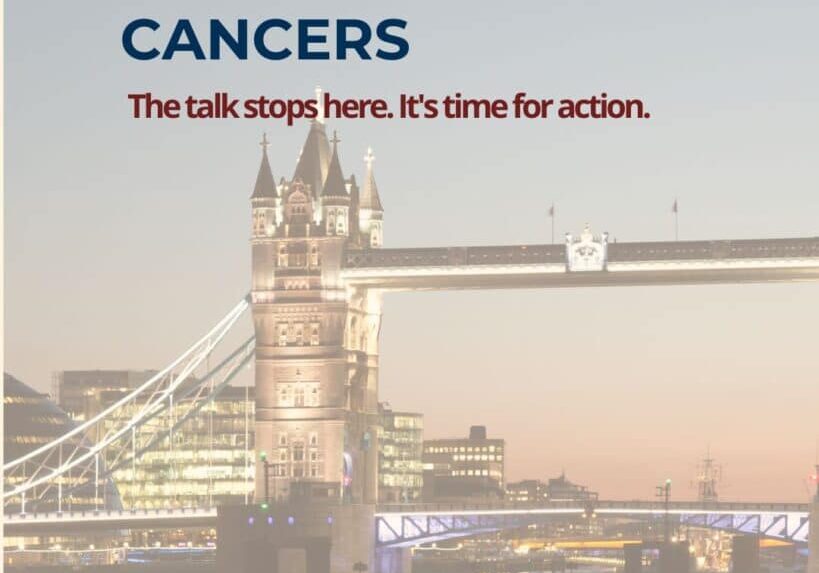Revealing Insights into Head and Neck Cancer through the Get Data Out Programme
To help us understand Head and Neck cancer, it is important to have access to comprehensive and accurate data. The Get Data Out programme, initiated by the National Cancer Registration and Analysis Service (NCRAS), focuses on generating statistics for various groups of cancer patients, offering insights into incidence, diagnosis, treatments, and survival rates.
The Get Out Programme has useful data for Head and Neck cancer patients in the UK. This cohort excludes cancers of the thyroid, eye, bones of the head, and lymph nodes. Additionally, it only includes primary cancers, disregarding metastatic cases. The specific types of Head and Neck cancers included in this cohort are the external lip, oral cavity, oropharynx (including the base of tongue, soft palate, and tonsils), major salivary glands, larynx (including the anterior surface of the epiglottis), nasopharynx, hypopharynx (including the piriform sinus), other and ill-defined sites in the lip, oral cavity, and pharynx, nasal cavity and sinus, and middle ear.
An analysis of the data reveals that late-stage diagnosis (stages 3-4) appears to be more prominent than early-stage diagnosis (stages 1-2) for most types of Head and Neck cancer. This finding emphasizes the importance of early detection and underscores the need for enhanced awareness and screening initiatives.
According to the Get Data Out programme’s findings for the year 2020, there were a total of 10,020 reported cases of Head and Neck cancer. The following article will highlight the three most common types of Head and Neck cancer, along with their key characteristics.
Oropharynx (including base of tongue, soft palate, and tonsils):
- This was the most common type of Head and Neck cancer, accounting for 3,667 cases.
- More than half of these cases were diagnosed in individuals aged 60 years and above.
- Approximately 25% of these cases were diagnosed at stage 4, highlighting the urgency of early detection efforts.
Oral cavity:
- The second most common type, oral cavity cancer, comprised 2,775 cases.
- Over a third of the patients affected by oral cavity cancer were aged 70 years and above.
- Alarmingly, nearly 70% of these cases were diagnosed at stage 4, indicating a need for improved awareness and timely screenings.
Surface of epiglottis:
- The third most common type, with 1,577 cases, was cancer of the surface of the epiglottis.
- Approximately 40% of patients diagnosed with this type of cancer were aged 70 years and above.
- Disturbingly, more than 25% of these cases were detected at stage 4, underscoring the significance of early intervention.
The Get Data Out programme by NCRAS has played a role in communicating valuable information about various types of cancer, including Head and Neck cancer. By providing in-depth and anonymous data analysis, this programme aims to support researchers, as well as inform the public and patients. Through its comprehensive findings, the programme reveals that late-stage diagnosis is a prevailing issue in Head and Neck cancer.

Using the power of football to help prevent cancer
This week, Oracle Head & Neck Cancer UK has launched an important awareness campaign in partnership with Bromley FC, using the reach of football to shine a light on head and neck cancer prevention and the life-saving importance of the HPV vaccine. Throughout the week, Bromley FC is sharing trusted health information with its supporters,…

Cancer Care: Why Mental Health Support Must Be Part of Every Cancer Journey
Oracle Head & Neck Cancer UK is proud to support the Daily Express Cancer Care campaign, a powerful series that shines a light on the often unseen emotional toll of cancer – and the urgent need for better psychological support for everyone affected. The campaign published over the past three weeks featured voices from across…

Ground-breaking blood test shows promise for early detection of head & neck and other hard-to-screen cancers
A new large-scale trial has found that the blood-based screening test known as Galleri test can detect more than 50 types of cancer – including cancers of the head and neck, which currently have no routine screening programme – and may significantly boost early diagnosis. The trial showed that, when used alongside existing screening methods,…

2 Minutes to Save Your Life: Oracle Launches HeadNeckCheck Campaign for Make Sense Week
This Make Sense Week (15-20 September), the European-wide head and neck cancer awareness initiative, Oracle Head & Neck Cancer UK, is championing both prevention and early detection – recognising that stopping cancer before it starts is just as vital as catching it early. Two Ways to Fight Cancer This Week Prevention Today: Head and neck…

Leadership update
After four successful years as CEO, Tamara Kahn has transformed Oracle into a respected national voice for head and neck cancer patients. She established a national presence, created a four-pillar RACE strategy (Research, Awareness, Collaboration and Patient/Community Engagement) and built strong policy influence. With these foundations now firmly in place, Tamara will transition from her…

Finding Light in Adversity: Seven inspiring stories through head and neck cancer
A new collection of patient stories from Oracle Head and Neck Cancer UK reveals how individuals facing head and neck cancer have discovered unexpected sources of strength, purpose and even joy during their treatment and recovery. The seven contributors share remarkably similar themes despite their unique journeys. Almost all emphasise the power of maintaining a…

NHS to fast-track patients with head and neck cancer into cancer vaccine trial
Patients with advanced head and neck cancers in England will be fast-tracked into a trial of a new cancer vaccine, as the NHS expands its world-leading trial ‘match-making’ service. The investigational cancer vaccine uses mRNA technology to help the immune system recognise and kill cancer cells containing human papillomavirus proteins. More than 100 patients with advanced head…

World Head and Neck Cancer Awareness Day 2025: The HPV Vaccine Could Save Your Life
27th July 2025 This World Head and Neck Cancer Awareness Day, Oracle Head and Neck Cancer UK has a simple but urgent message: HPV vaccination saves lives. With HPV-related head and neck cancers having doubled in the past 20 years, the charity is using today to remind the public that these devastating cancers are preventable…

Data from the National Disease Registration Service on HPV associated and HPV independent oropharyngeal squamous cell carcinoma
The Get Data Out Programme from the National Disease Registration Service (NDRS), part of NHS England, has published statistics on incidence, routes to diagnosis and treatment for patients diagnosed with oropharyngeal cancer in England by human papillomavirus (HPV) status. To our knowledge this is the first time data on oropharyngeal cancer by HPV status has…

Join Us for an Evening of Research, Impact, and Conversation
Research & Impact EveningDate: Monday 28th April 2025Time: 6:00 PM – 8:30 PMVenue: Skyline, Tower Suites, 100 Minories, London EC3N 1JY A Celebration of Research Join us for a meaningful and action-focused evening where we’ll be diving into some of the big conversations around head and neck cancer – especially those linked to HPV (human…



